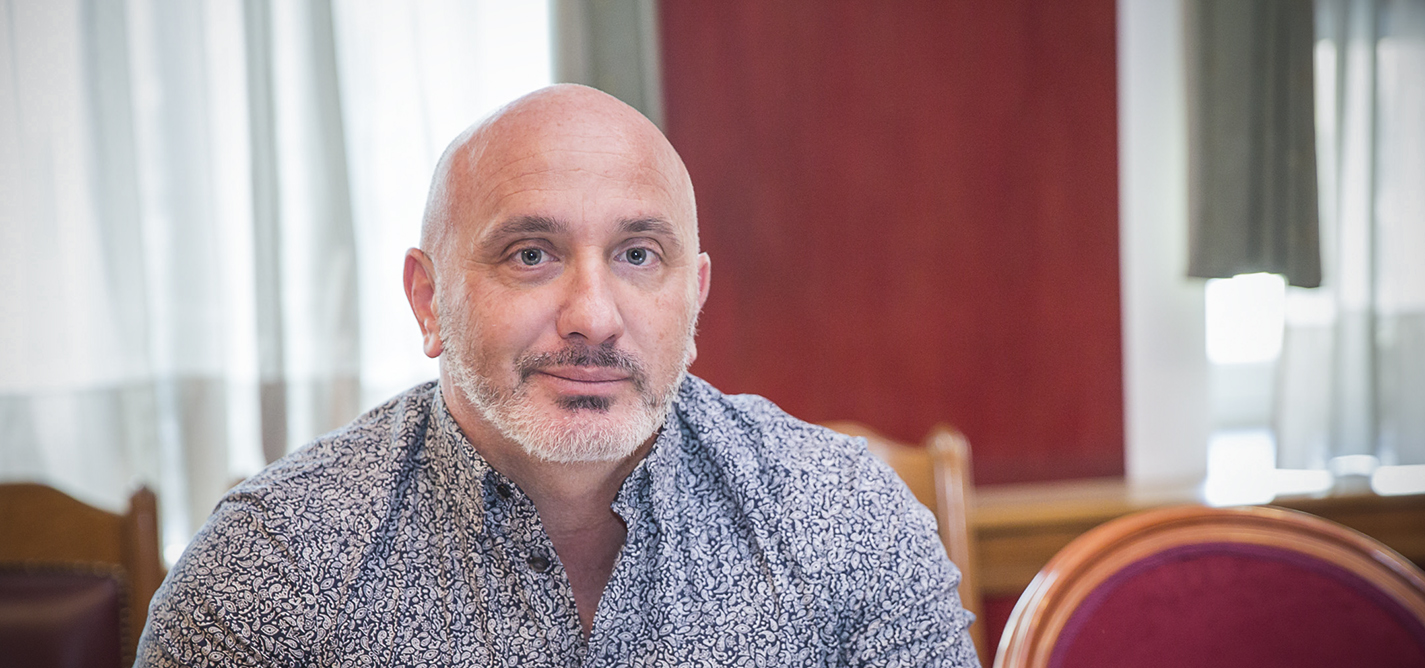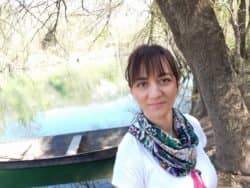
Aleksandar Saša Zeković: Montenegro cannot be considered innocent in the Yugoslav wars
Podgorica-based human rights activist talks LGBTI rights, Montenegrin politics and the process of facing the past.
"In comparison to bulky and bureaucratic structures, the citizen is in a subordinate position and often humiliated."
"Even though practise and various data confirm that the Montenegrin police is made up of professionals, people with integrity, we cannot say that all police officials and heads are adorned with good and reliable characters, and all categories of courage."
"We speak about warmongering politics modestly and timidly — with a strategy that only the future and economic investments are important."

Marijana Camović Veličković
Marijana Camović Veličković graduated from the Faculty of Law in Podgorica and has been working as a journalist since 2001. Since its establishment in 2013, Camović has been head of the Trade Union of Media of Montenegro, and has been particularly interested in the topics of media freedoms, the relations of media owners toward employees and the labor rights of workers in the media sector. She is also a board member of the European Federation of Journalists.
This story was originally written in Serbian.